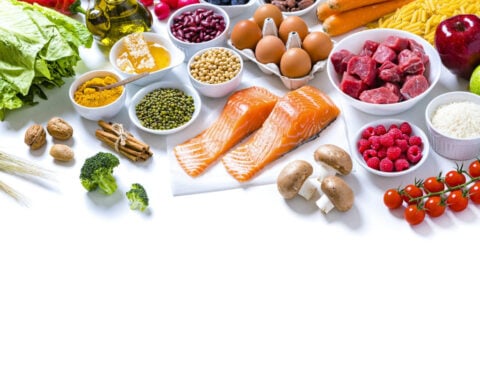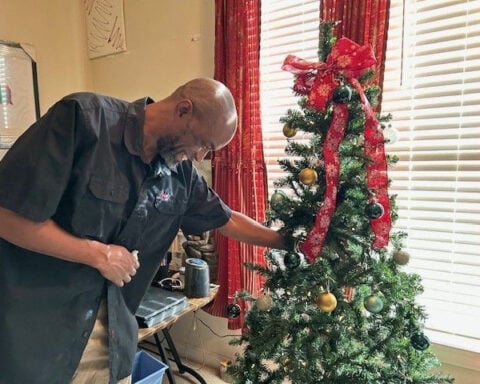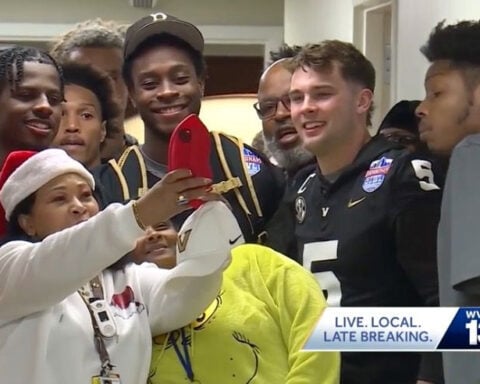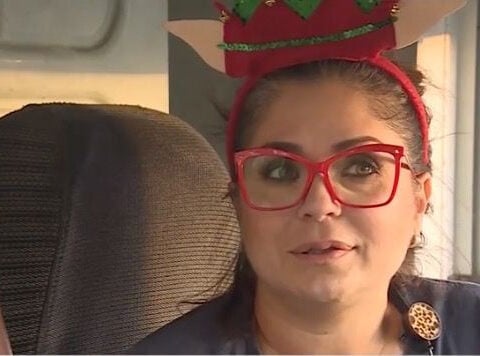Gen Zers are taking language into their own hands and creating friend dictionaries - making up humorous words and inside joke phrases that only they and their close friends truly understand. The trend of crafting these personalized "friend dictionaries" filled with coded Gen Z slang is exploding on TikTok.
Young people on the video-sharing app have been quizzing each other on the unique meanings behind quirky made-up slang words like "nosetta" (a nosey person), "dog chow" (terrible tasting food), and "excruciating pain au chocolat" (feeling bloated after eating too much). Their private lingo allows friends and family members to communicate almost in secret language code.
"I feel like creating these kinds of friend dictionaries is a universal experience that most sisters, siblings or bestie duos can relate to," said Chelsea Lefkowitz, who posted TikTok videos documenting the dictionary of inside jokes she shares with her sister. They use slang phrases like "projectile committed" to say they have firm plans they can't back out of.
Developing their own personal dictionary of inside jokes, references and Gen Z slang is something that comes naturally for extremely close friends and relatives who have an intense shared history, Lefkowitz explained. "We have a shared background. It's easy for us to develop inside jokes and references, and we kind of have that unique way of communicating through our own friend dictionary."
According to linguistics experts, cultivating private friend dictionary Gen Z slang is a very normal way for tight-knit groups to strengthen their bonds and establish closeness. "People who regularly interact will often come up with shorthand or references to previous events that become part of their friend dictionary slang," said Nicole Holliday, an assistant linguistics professor. "It's establishing your closeness or your role in the community through that secret language. I'm in on the inside jokes. You're in on the inside jokes."
One group of friends says in their friend dictionary, they use slang like being "obsessica Simpson" for things they love and "depressica Simpson" when feeling down. Couple Jedson Tavernier and Jade Smith opt to dramatically announce "we got a parcel!" instead of simply saying a package arrived, part of their shared friend dictionary private lingo.
"Everyone has their own friend dictionary filled with that kind of shared language, and I think that makes you see everyone as really human," Smith remarked about the trend. "I love that about it. I just think it's so funny to see that everyone does what we do with their own friend dictionary of inside jokes."
For viewers watching these videos, the evolving personal lexicons are entertaining proof of ultra-tight bonds. "A friend dictionary is a natural evolution that can span over the years, born out of inside jokes, shared experiences, and a deep familiarity with each other," said licensed clinical social worker Najamah Davis.
Neuropsychologist Dr. Sanam Hafeez added, "In a way, it's kind of like they belong to a secret club" when friends create coded friend dictionary communication full of slang that only they understand. Having their own private lingo makes the members of a friend group feel unified and special.
While the desire for a friend dictionary with private bonding language is not new, Gen Z's penchant for posting their coded slang is exploding due to social media amplifying these niche humor and language trends. Earlier generations may have only shared silly friend dictionary sayings within their immediate circles. Now, every friend group's inside joke lexicon has the potential to become a viral phenomenon.

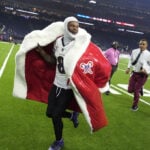 NBA's Christmas Day ratings skyrocket, even going up against NFL games
NBA's Christmas Day ratings skyrocket, even going up against NFL games
 South Korea's acting president faces impeachment vote as court meets on martial law case
South Korea's acting president faces impeachment vote as court meets on martial law case
 Richard Parsons, former CEO of Time Warner, dies at 76
Richard Parsons, former CEO of Time Warner, dies at 76
 Israel’s attorney general orders probe into Netanyahu’s wife on suspicion of witness harassment
Israel’s attorney general orders probe into Netanyahu’s wife on suspicion of witness harassment
 WHO chief says he was at Yemen airport which Israeli strikes targeted
WHO chief says he was at Yemen airport which Israeli strikes targeted
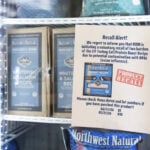 Cats can get sick with bird flu. Here's how to protect them
Cats can get sick with bird flu. Here's how to protect them
 Cowboys shutting down CeeDee Lamb with 2 games to go over receiver's shoulder issue
Cowboys shutting down CeeDee Lamb with 2 games to go over receiver's shoulder issue
 NBA-Christmas Day viewership jumps as league contends with NFL-Netflix appeal
NBA-Christmas Day viewership jumps as league contends with NFL-Netflix appeal
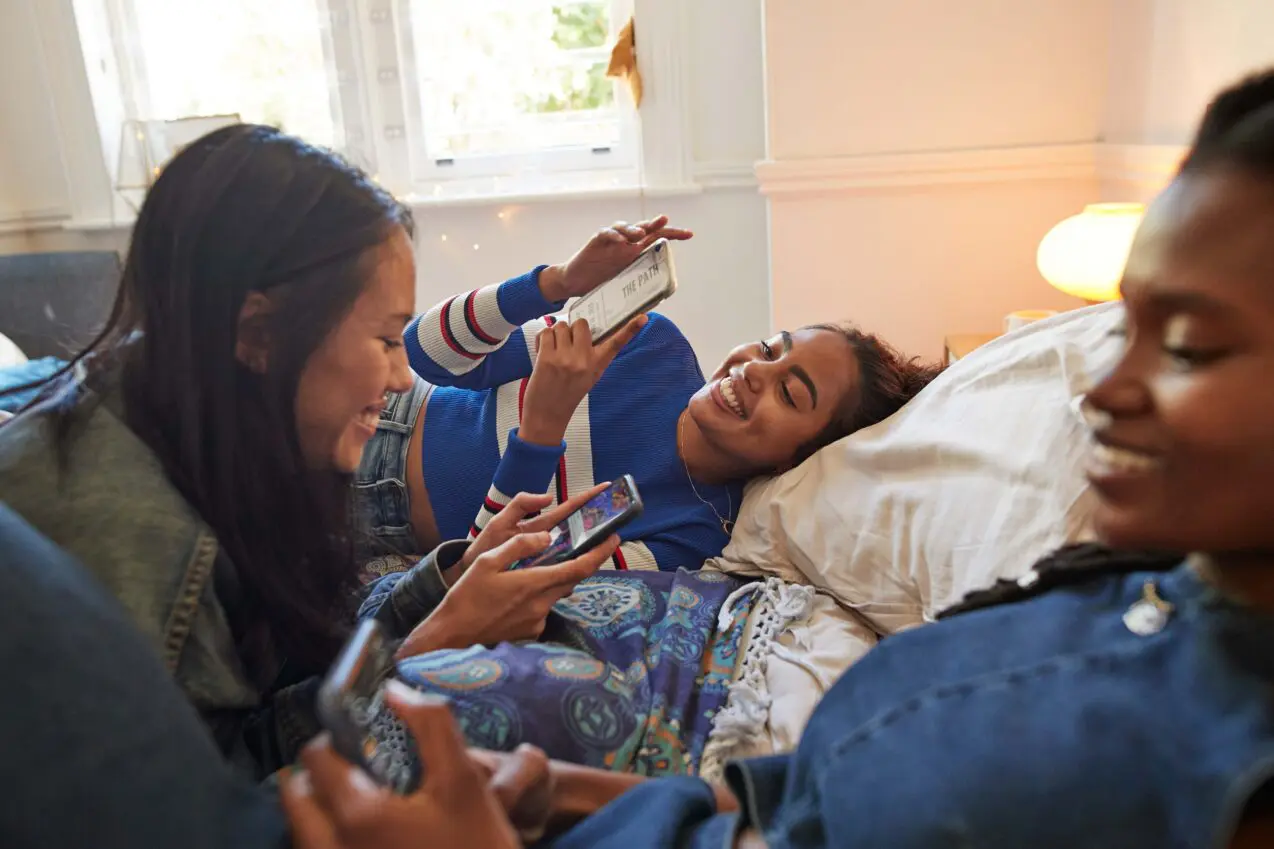 Getty Images
Getty Images

